THE PULSE
NEWSLETTER OF THE CANADIAN ASSOCIATION OF RECYCLING INDUSTRIES
Vol. 21, Issue 3, March 2016

MESSAGE FROM THE CHAIR
Trains, planes, and automobiles: A statutory review of the Canada Transportation Act delivered to the Minister of Transport this past December will be made subject to stakeholder consultations in April. The 600-plus-page review provides recommendations for national air, land, and sea transportation to improve safety and strengthen the economy. Upon initial review, CARI has earmarked two recommended changes to rail transportation as areas of potential concern.
Of primary concern for our industry is the recommendation that Canada’s rail system should implement fail-safe technology in the form of physical train control. Arguably, this would improve public safety and ensure our trade routes remain as competitive as possible. However, the potential slow-down of service created during the implementation of this technology presents a real concern for those who rely on rail freight service to deliver products to ports and consumers across North America.
The report states that new rail operating systems must be harmonized with U.S. rail technology to create a “seamless North American transportation network.” As mentioned in the November 2015 issue of the Pulse, U.S. lawmakers have legislated the implementation of Positive Train Control (PTC), a GPS-technology that monitors and controls train movements to prevent collisions and derailments, which is slated for completion by December 2018.
Likely influenced by the Lac-Mégantic disaster, another recommendation proposes shippers of “hazardous materials” pay additional insurance into a reserve fund meant for catastrophic accidents. Although this part of the report refers specifically to the shipment of fuels and toxic gases, it is suggested that the criteria for defining “hazardous materials” be evaluated to determine if more materials should be categorized as such. If this recommendation is implemented CARI will advocate for clear definitions of secondary resources to prevent incorrect categorization of these materials.
Alongside its partners in the Coalition of Rail Shippers, and in conjunction with the Freight Management Association of Canada, CARI staff will continue to monitor proposed changes to rail service and advocate on your behalf as the consultation process for this report progresses in the upcoming months.
Adam Chisick
CARI Chair
[su_divider top=”no”]
REQUEST FOR PHOTOS
CARI is creating a special gift for those attending our 75th Annual Convention in Ottawa this June.
Please help us by sending pictures of your facilities, owners and staff, notable moments in your business’s history, or of CARI events over the past 75 years. These photos may also be used on CARI’s website, and displayed at the convention.
Please email photos to Donna by April 15. We look forward to showcasing our members’ accomplishments and we thank you for your help.
Please call Donna at 705-835-1592 if you have any questions.
[su_divider top=”no”]
FAST FACTS
- CARI member Tube City IMS Corp. has changed its name to TMS International Corp. The new name is currently being implemented across all products and subsidiaries. Though the company’s core business practices and values will remain the same, the new name was chosen to better reflect the company’s global status.
- The Canadian Border Services Agency (CBSA) has imposed huge import duties on Chinese carbon and alloy steel pipe line. Dumping margins will be from 74 percent to 352.4 percent, and subsidy payments will range from $1.85 to nearly $151.50 per tonne. The Canadian International Trade Tribunal will make the final injury determination by March 25.
- An Ontario Superior Court Justice has ruled that the Canadian arm of U.S. Steel must repay the Pittsburg-based company more than $2 billion. USS Canada and its U.S. counterpart disagree on whether funds extended to the Canadian subsidiary were “equity” rather than debt. The judge’s ruling threatens 20,000 steelworkers’ pensions, as the American parent company now takes priority for debt repayment. An appeal and lengthy legal process are likely to follow.
[su_divider top=”no”]
Canadian Association of Recycling Industries
130 Albert Street Suite 1906
Ottawa, On K1P 5G4
Canada
Telephone: 613-728-6946
Fax: 705-835-6196


